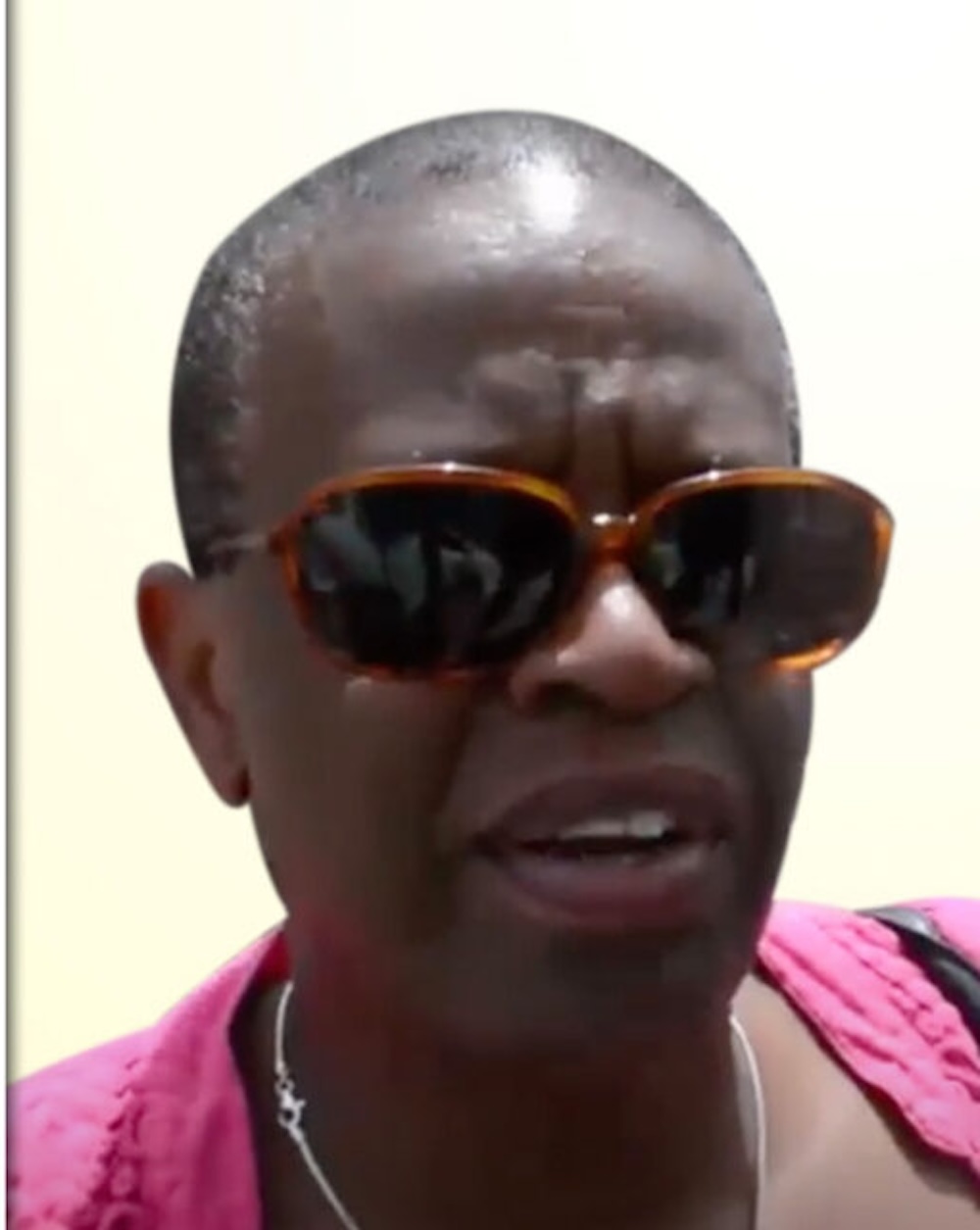A domestic violence campaigner has called for a comprehensive national strategy to combat gender-based violence, amid rising numbers of victims seeking assistance.
Barbara Daniel, chairperson of the Advocates Against Domestic Abuse (AADA), reported that cases have doubled since 2023, with more than 90 per cent of those seeking help being mothers with dependent children.
Whilst the AADA provides counselling and support services, Daniel highlighted significant gaps in the current system.
“If they need to go into – for want of a better word – hiding, protection, that’s really where the crisis centre comes in,” she explained, referring to the shelter operated by the Barbados Professional Women’s Group.
The organisation frequently coordinates with multiple agencies, including the police, welfare services, the psychiatric unit, and the National Organisation of Women. Churches are also called upon to assist in some cases.
Daniel emphasised that domestic violence requires a whole-of-government approach.
“All of the different ministries we have, whether it’s health, education, etcetera. I do not think that they grasp that they have to play a role in [addressing] domestic violence,” she said.
A particular concern is the lack of workplace policies. Daniel said: “It is really essential that across the board, every single government organisation, ministry, etcetera, has a policy within the organisation on how to deal with domestic violence within the workplace. We don’t have that structure in place.”
The absence of a centralised database poses additional challenges.
“We don’t have a cohesive network where we can pinpoint all of the players involved in domestic abuse,” Daniel noted. “There isn’t a structured database on the island where I could go and look up and see all the different people and the different organisations and what they do in relation to domestic violence and the connecting services.”
The impact of domestic violence on children’s education is also a concern. Daniel pointed out that teachers often lack the necessary training to identify and support pupils from abusive households.
“When you’ve got a child who goes to school and is coming from a domestic abuse home, that child is either going to change behaviour for the good or the bad,” she said. “What happens then, is the teacher is not aware of the domestic abuse and they themselves are not skilled enough to handle it. But what people might see is that child has now become a troubled child.”
The implementation of a national strategy would require significant financial investment, Daniel acknowledged.
“We don’t have enough resources. And to get some of those resources, of course, will mean dedicating sums of money to whatever is necessary to put that structure in place,” she said. (LG)




